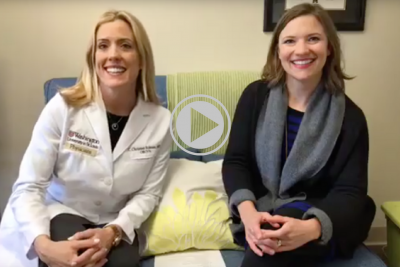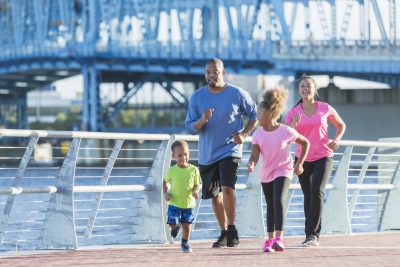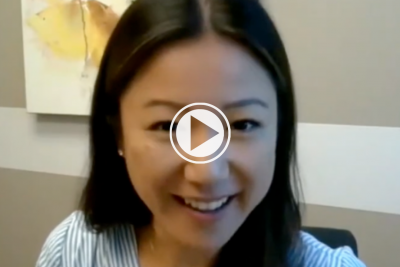A few weeks ago, I saw a teenager in the Emergency Room for headache. She had been in a car accident the previous month and since that time had been suffering from daily headaches, difficulty concentrating, dizziness and fatigue. She was diagnosed with a concussion initially after the car accident, but the family was sure something else was wrong given the ongoing symptoms. As it turns out, this young woman was suffering from post concussive syndrome and may continue to have symptoms for several months. Many families mistakenly believe that a concussion is a minor injury with no long-term repercussions. Some parents and coaches even encourage kids to return to play immediately after a head injury.
So what exactly is a concussion?
A concussion or mild traumatic brain injury is defined by the symptoms that  occur following a direct hit to the head. Theses symptoms may include short loss of consciousness, headache, dizziness, nausea and vomiting, sensitivity to light, balance problems, confusion, sleepiness, irritability, and difficulty concentrating. A CT scan or other imaging is not needed to diagnose a concussion. In fact, results from a CT scan will be normal following a concussion. Most symptoms will occur shortly after the head injury. For some children these symptoms will rapidly improve, for other children the symptoms may linger for weeks or even months. This is then known as “post concussive syndrome.”
occur following a direct hit to the head. Theses symptoms may include short loss of consciousness, headache, dizziness, nausea and vomiting, sensitivity to light, balance problems, confusion, sleepiness, irritability, and difficulty concentrating. A CT scan or other imaging is not needed to diagnose a concussion. In fact, results from a CT scan will be normal following a concussion. Most symptoms will occur shortly after the head injury. For some children these symptoms will rapidly improve, for other children the symptoms may linger for weeks or even months. This is then known as “post concussive syndrome.”
Who is at risk for concussion?
A concussion can happen to anyone. The most common causes of concussions in kids are sports related injuries. Concussions represent 9% of all high school sports injuries and up to 3.8 million concussions occur each year. While most people assume boys are at higher risk, it turns out girls have a higher rate of concussion when participating in similar activities. The sports responsible for the most concussions are football, soccer, lacrosse, hockey, and cheerleading.
What should I do if I think my child has a concussion?
If your child was in an accident or received a head injury while playing, he or she should immediately be seen by a healthcare provider. A physician will be able to diagnose a concussion and decide if further scans are necessary to evaluate for a more severe head injury. The majority of head injuries do NOT require evaluation by CT scan, but this decision should be made by a physician.
When can my child return to play?
Most physicians recommend children stay out of sports, gym, and vigorous activity for at least one week following a concussion. Many physicians will extend this to one week after the last day any concussion symptoms were present. Children should be followed closely by their primary physician during this time. Their physician will evaluate for resolution of symptoms and give guidance on when and how your child should return to play.
When can my child return to school?
We now know that concussions can have both short and long term effects on cognitive function. Many children will find that concussion symptoms worsen when they are attempting to concentrate or do school work. Many schools and sports teams now offer neuropsychological testing. This is a special test that evaluates cognitive function. Usually a baseline test is done prior to the start of a sports season. This test can then be repeated following concussion to evaluate when a child’s cognitive function has returned to normal. Generally speaking, children should not return to school or school related work until concussion symptoms are resolved. Some children will require modified schedules or homework loads if the symptoms persist or worsen while doing school work. If your child is still struggling with school work 2-3 weeks following a concussion they need to be re-evaluated by a physician. More severe concussions can lead to long term and even permanent changes in cognitive function.
What things can my child do while they are recovering from concussion?
Unfortunately, rest from all activities is the best treatment. This means that kids should not be playing video games, texting on the phone, watching TV, or reading books. Your child should be bored. As the symptoms improve you can start to allow them to do light activities.





Comments